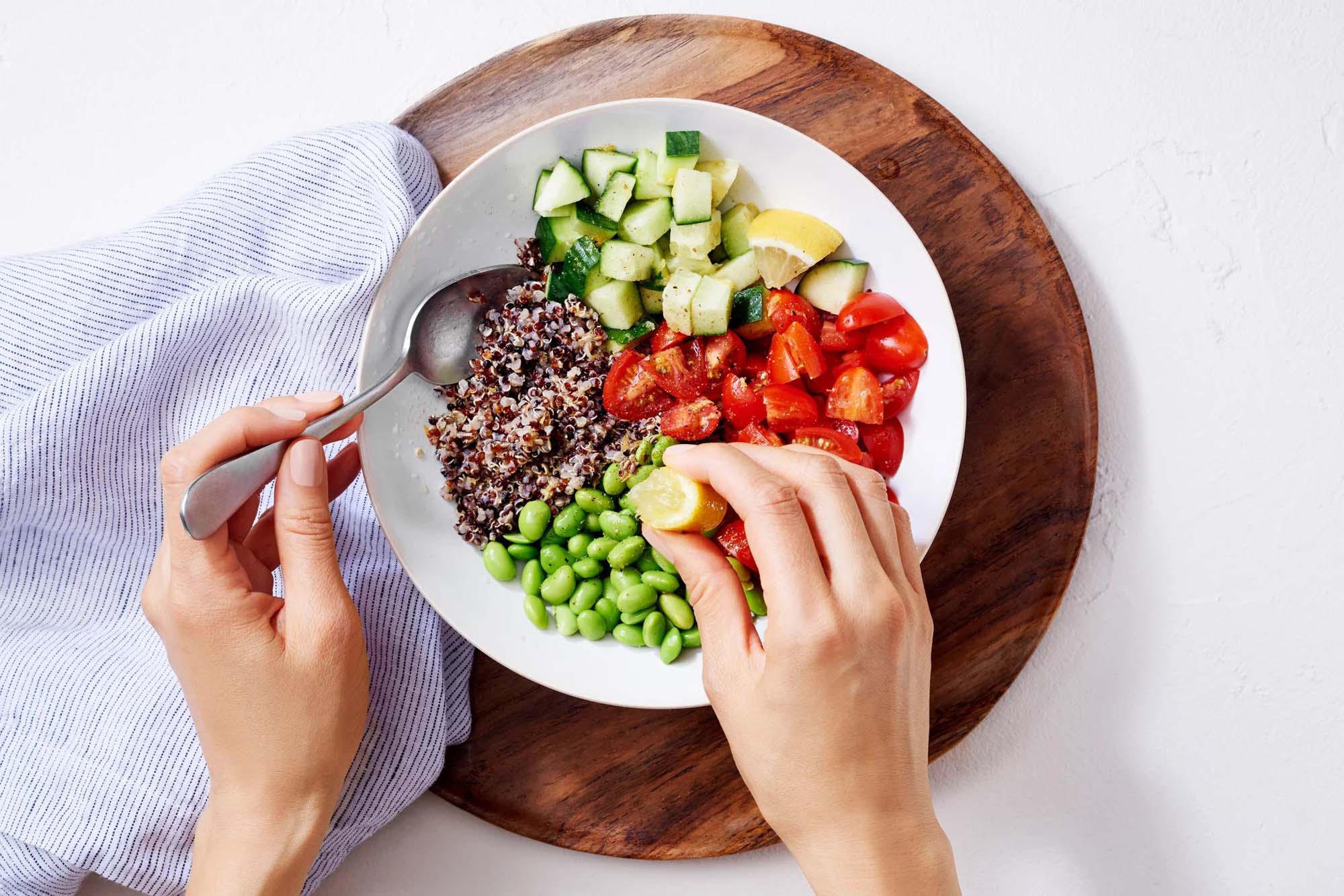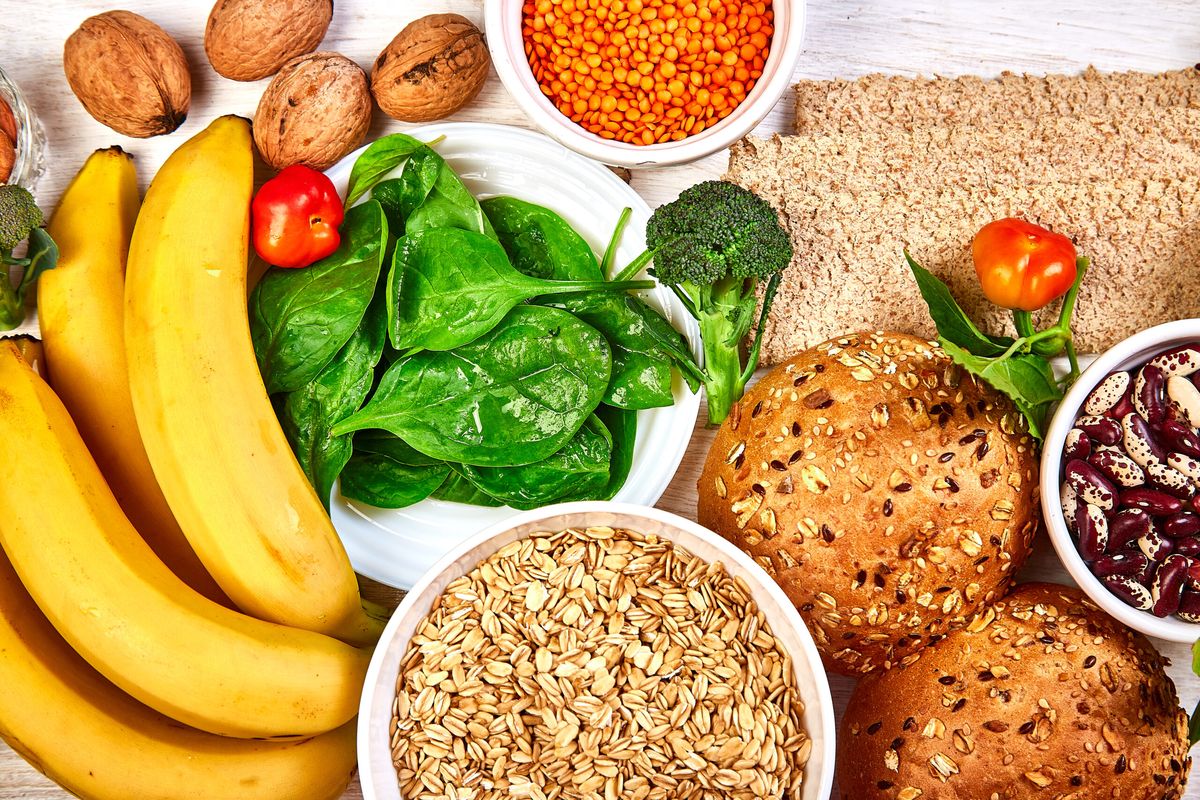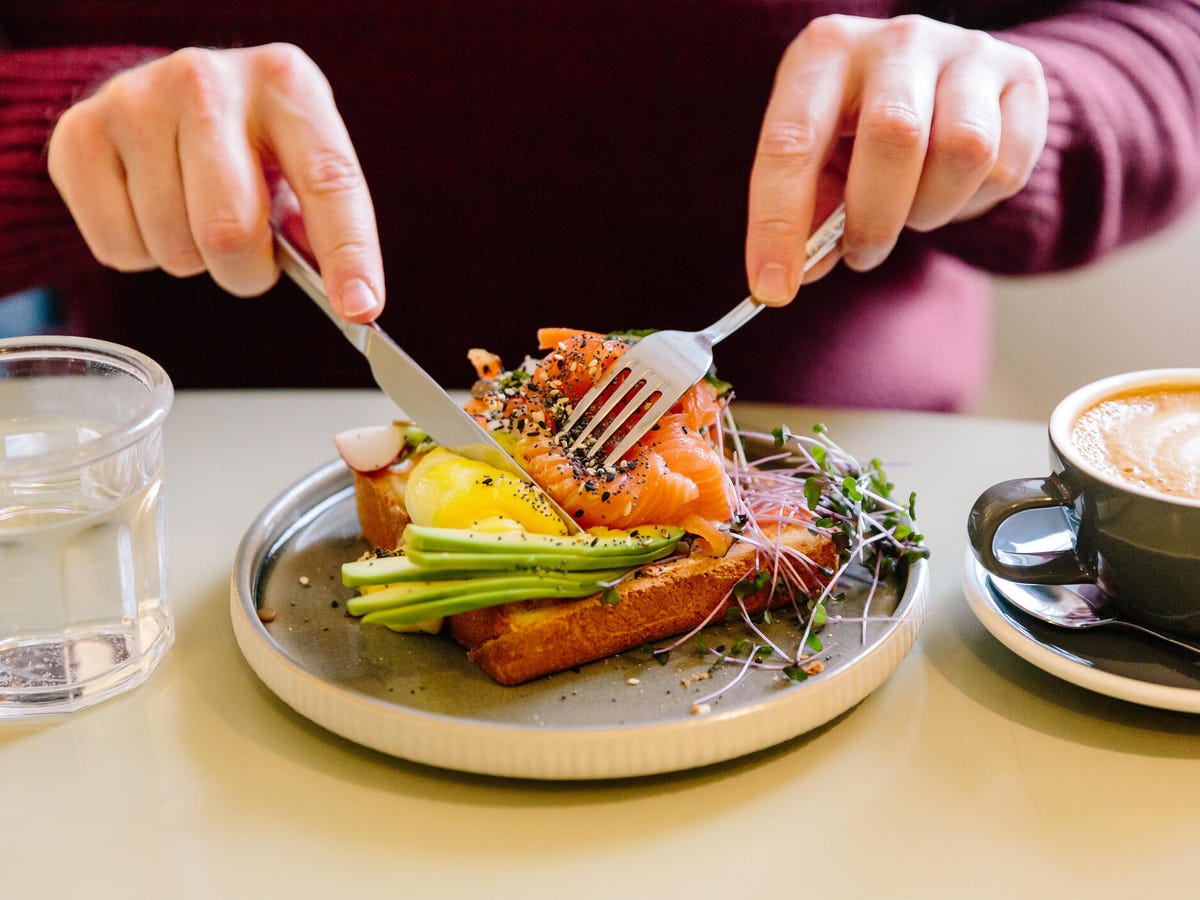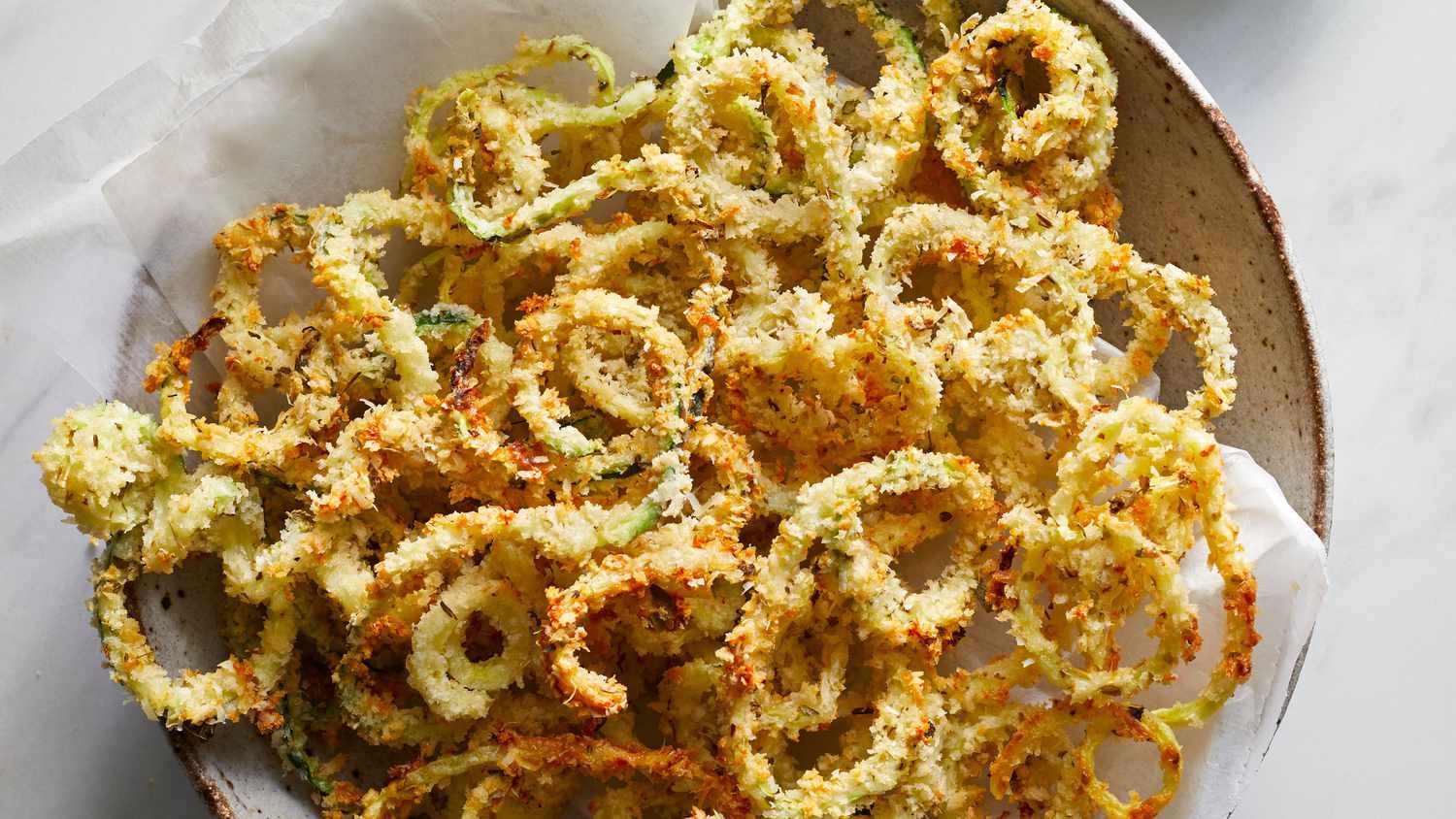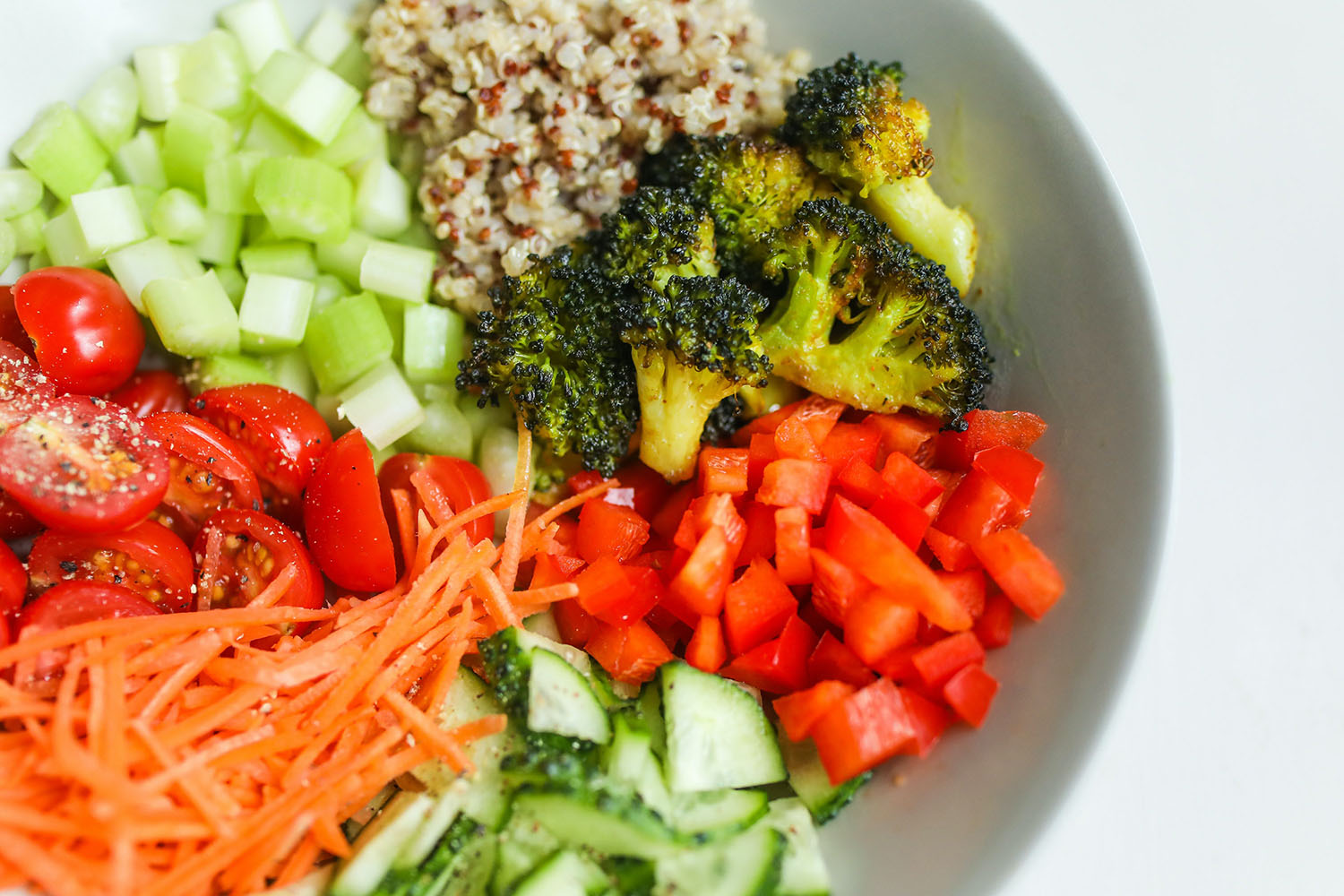How to Eat Healthier: A Beginner’s Guide
Are you looking to improve your eating habits and lead a healthier lifestyle? Learning how to eat healthier doesn’t have to be complicated. With a few simple changes, you can make a big impact on your overall well-being. Here are some tips to help you get started on your journey to healthier eating.
1. Fill Your Plate with Colorful Fruits and Vegetables
Eating a variety of fruits and vegetables is essential for a healthy diet. These foods are packed with essential vitamins, minerals, and antioxidants that can help protect your body from disease. Aim to fill half of your plate with colorful fruits and vegetables at each meal.
2. Choose Whole Grains
When it comes to grains, opt for whole grains such as brown rice, quinoa, and whole wheat bread. Whole grains are rich in fiber, which can aid in digestion and help you feel full for longer periods of time.
3. Include Lean Proteins
Proteins are important for building and repairing tissues in the body. Choose lean sources of protein such as chicken, fish, beans, and tofu. These options are lower in saturated fat and can help support muscle health.
4. Limit Processed Foods and Added Sugars
Processed foods and added sugars can contribute to weight gain and increase the risk of chronic diseases. Try to limit your intake of sugary snacks, sugary drinks, and processed foods high in unhealthy fats.
5. Practice Portion Control
Portion control is key to maintaining a healthy weight. Be mindful of serving sizes and avoid overeating. Using smaller plates and bowls can help you control your portions and prevent overindulging.
6. Stay Hydrated
Drinking an adequate amount of water is essential for overall health. Aim to drink at least 8 glasses of water per day to stay hydrated and support your body’s functions.
7. Cook at Home More Often
Cooking at home allows you to have more control over the ingredients in your meals. You can choose healthier cooking methods and avoid the excessive use of unhealthy fats and sugars often found in restaurant meals.
8. Be Mindful of Your Eating Habits
Mindful eating involves paying attention to your body’s hunger and fullness cues. Slow down and savor each bite, and try to avoid distractions such as television or phones while eating.
By incorporating these healthy eating habits into your lifestyle, you can take a big step towards improving your overall well-being. Remember, small changes can lead to big results when it comes to eating healthier. Start with one or two of these tips and gradually incorporate more as you feel comfortable. Here’s to your health!

